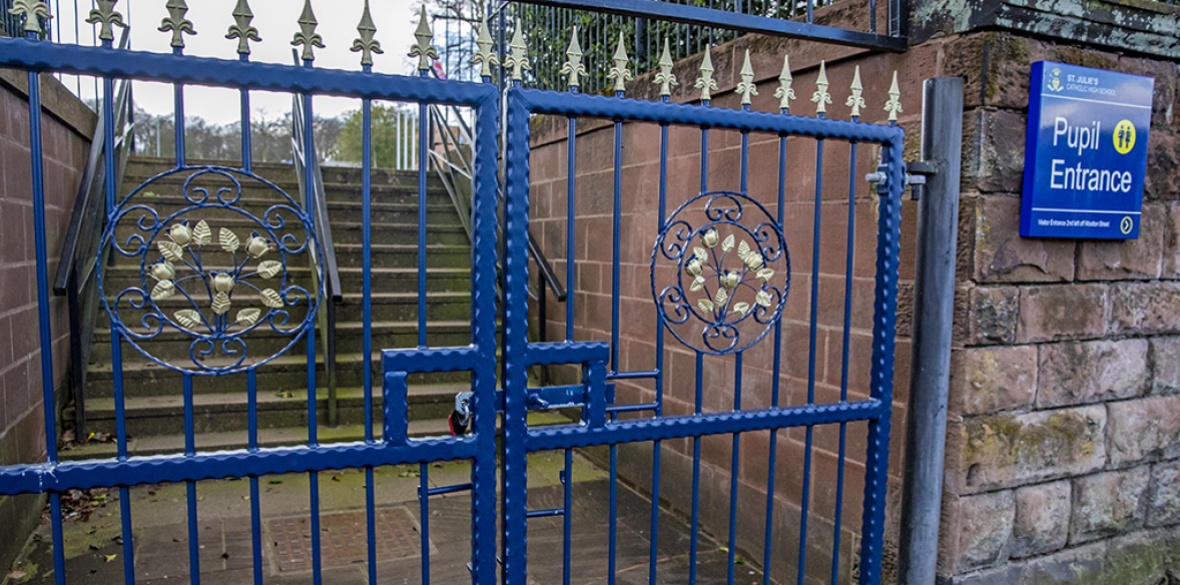This is the last article you can read this month
You can read more article this month
You can read more articles this month
Sorry your limit is up for this month
Reset on:
Please help support the Morning Star by subscribing here
THERE has been a lot of confusion about the situation in schools since Wednesday, when a decision was made to close schools to prevent the spread of Covid-19. This has been exacerbated by poor and inadequate advice from government both before and after the long-overdue decision for closure was actually taken.
From Monday schools will be closed but staff will continue to provide emergency childcare to enable key workers to fight the virus and keep the most vulnerable children safe.
As a union, we are incredibly proud of our teacher and support staff members who are providing this support to keep the country going in the most difficult of times.
Are schools closed?
Yes. Schools are closed in order to prevent the spread of the Covid-19 virus. Government advice is that anyone who can, should now be working from home and that children should be at home if at all possible. Teachers and support staff will be providing emergency childcare in school buildings for vulnerable children and the children of key workers, where it is not possible for them to be safely cared for at home.
Which children should be in school?
There are two categories of children who can be in school:
Children whose parents are key workers (as defined by government) and who cannot be safely cared for at home can attend emergency childcare provided at schools.
Children with EHCPs or an assigned social worker who cannot be safely cared for at home can attend emergency childcare provided at schools.
This is emergency childcare, and the government intention is to keep pupil numbers below 10 per cent to slow the spread of the virus. Where alternative arrangements can be made, children should not be in school.
How will this be staffed?
The government has recommended that people should work from home wherever possible so the aim is to minimise the number of students and staff in the school building at any one time. Most schools are devising rotas, where staff take it in turn to provide emergency childcare and to work from home, supporting students who are learning in their own homes.
Staff who have underlying health conditions, or who live with or care for someone over 70 or with an underlying health condition, have been told to work from home, as have staff who are self-isolating. This is to prevent the spread of the virus and the pressure on the NHS.
What about families entitled to free school meals?
A number of schools are continuing to provide meals for collection, either daily lunch bags or weekly packs of groceries. The government has also made provision for schools to offer vouchers in lieu of school meals. Either way, support must be provided for families on free school meals. Contact your child’s school to find out what the arrangements are.
What about vulnerable children who are not in school?
Schools will be working with Local Authorities to make sure that there is regular contact with children who are at risk, and safeguarding mechanisms will continue to operate to ensure vulnerable children are protected.
What about the Easter holidays?
Our understanding is that emergency childcare will be available during the Easter holidays for the children of key workers, where no alternative arrangements can be made, only. Vulnerable children who would normally be at home at Easter will be expected to be at home.
At present, it looks like teachers and support staff will be asked to volunteer their time to provide this emergency childcare. We are exploring this further with government, especially the position of support staff, who are some of the worst paid staff in our schools and often employed on term-time only contracts. This crisis exposes the many issues with these contracts and chronic low pay amongst support staff.
Won’t keeping schools open continue the spread of the virus?
Schools are not open. Minimum numbers of staff will provide childcare to the minimum number of students required to ensure our emergency services can continue to operate and our most vulnerable children are protected.
What about children who are at home?
Schools will be making arrangements for educational activities for children who are at home during this period. These arrangements will vary from school to school but are likely to consist of a variety of projects and tasks which will support children’s educational development, whilst recognising that many parents will themselves be working from home and will not be able to focus all their time on supporting their children. Teachers are now compiling links to resources which offer broad and balanced curriculum opportunities, too often missing from schools under the pressure of data and Ofsted. These are unprecedented times so please stay in touch with your child’s school.
What can I do to help?
Please do not send your child to school unless you fit one of the two categories outlined above and you have no other option. Keep in touch with other parents and share ideas for supporting your children at home.
We are incredibly proud of the way the county has pulled together during this crisis and of the role our members have played within this. Parents can be assured that education workers are stepping up to the plate with an energy and imagination so far lacking from the PM and his Secretary of State.










